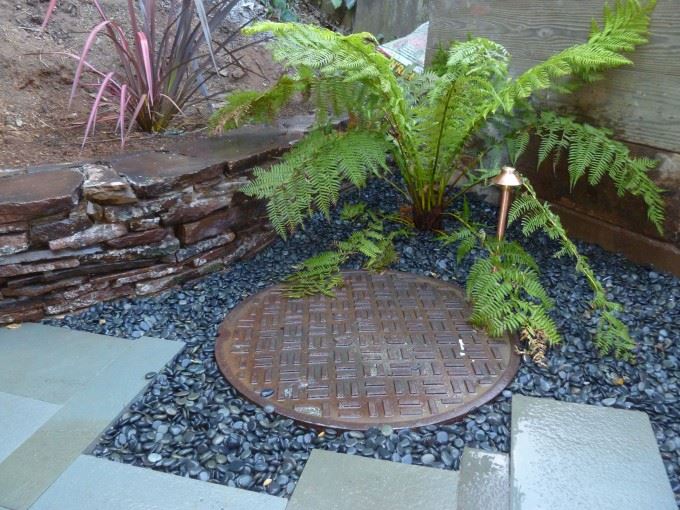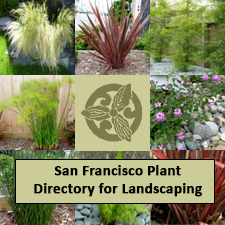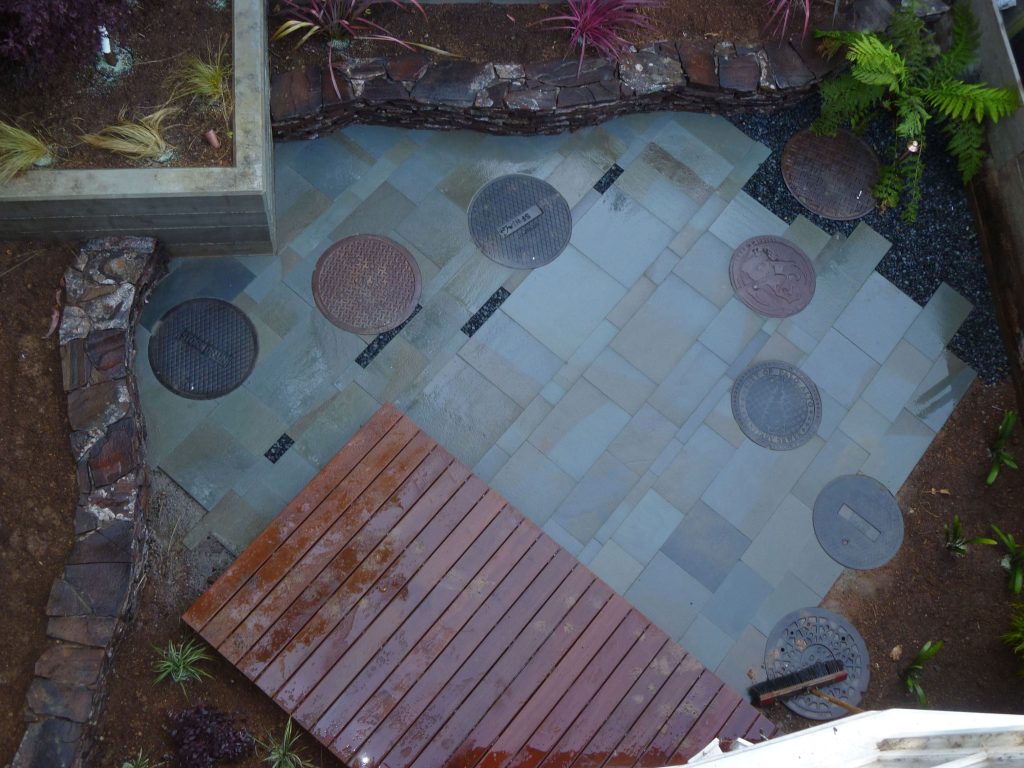
Expert Japanese landscaping techniques have revolutionized the concept of maximizing space in small yards. They can be particularly useful in certain microclimates, specifically the one in San Francisco. Let’s look at San Francisco’s unique needs and some small garden ideas.
Understanding San Francisco’s Microclimate
San Francisco has a diverse microclimate influenced by multiple factors, including fog. It also features stronger winds, as well as fluctuations in temperature. These factors present unique difficulties for small urban gardens, although they can all be easily overcome.
First, the plant selection is a bit narrow, as different plants have different requirements. Additionally, they impact garden design by requiring certain conditions to ensure the plants grow properly and beautifully. For these reasons, they can require slightly higher levels of maintenance.
Principles of Japanese Landscaping
One of the key principles of Japanese landscaping is simplicity. Having a high-quality garden doesn’t require complex strategies or arrangements.
Balance and harmony are equally important, as the garden is seen as a reflection of the world around them. The plants should be complementary, allowing each one to bring out the best qualities in the others.
Above all, Japanese-style gardens include a connection with nature, similar to a haiku. They should reflect the owner’s relationship with the world around them.
Designing for Small Spaces
There are several techniques for maximizing the efficiency of the space being used, such as vertical gardening, which allows more plants to grow in small yards. Multi-functional elements and creative storage solutions are also essential, ensuring every need is met as efficiently as possible.
Traditional Japanese garden elements like bonsai trees, rock gardens, and water-based accouterments can add phenomenal depth and make the garden more visually appealing.
Plant Selection for San Francisco
Choosing the right plants is crucial for a small garden. Opt for species that thrive in full sun, often abundant in San Francisco’s climate. Flowers and plants that adapt to your local environment will ensure your garden is vibrant and sustainable. Varieties commonly seen in Japanese gardens, like azaleas, cherry blossoms, and camellias, are perfect for adding color and texture.
Due to elements of the microclimate like sun exposure, moisture levels, and soil type, the best plants for a garden in San Francisco are resistant to droughts and relatively low maintenance. These include lavender, succulents, and California poppies, among others.
Incorporating Asian Aesthetics
In the bustling urban landscape of San Francisco, transforming small yards into a serene garden oasis is possible and can be profoundly rewarding. Drawing inspiration from the city’s botanical and tea gardens, such as the famed Japanese Tea Garden in Golden Gate Park, can help you embrace Japanese garden design elements to maximize your limited outdoor space effectively.
Understanding Japanese Garden Design
Japanese garden design is deeply rooted in spirituality and philosophy, aiming to create a peaceful and meditative environment. In San Francisco, the Japanese Tea Garden showcases classic elements like stone lanterns, stepping stones, and meticulously arranged flowers and plants, all harmoniously integrated into a compact layout. These elements can serve as a blueprint for personal small-space gardening by focusing on minimalism and thoughtful composition.
Essential Elements in Small Space Gardening
Zen Gardens
Incorporate Zen gardens in your small space to capture the essence of tranquility. A Zen garden, even in a reduced scale, can include finely crushed gravel or sand, raked to represent ripples in water. This can create a focal point of calmness.
Stepping Stones and Pathways
Utilizing stepping stones enhances the aesthetic appeal and guides movement in your garden, making the space feel larger than it is. This technique is beautifully illustrated in San Francisco’s botanical gardens, where pathways invite visitors to explore and reflect.
Stone Lanterns
Integrating stone lanterns offers both a functional and ornamental benefit. They provide gentle lighting that enhances dusk’s ambiance, similar to tea gardens’ subtle elegance.
Bamboo Fences and Torii Gates
Bamboo fences can screen unsightly views and frame your garden beautifully, contributing to a sense of seclusion. A Torii gate can act as an inviting entrance or a decorative feature, symbolizing a transition into a peaceful retreat.
Incorporate Water Features
Even a small water feature can amplify a garden’s sensory pleasure, adding sound and movement that soothes the soul. A compact water basin or a bamboo water spout can fit well in limited spaces and add a dynamic element to the garden.
Maintenance Tips
Maintaining small yards may seem daunting, but a few tips can make it easier. First, strict watering schedules can help ensure the plants won’t drown or dry up.
Second, quality pruning techniques will ensure everything looks beautiful and keep the plants healthy.
Finally, soil management ensures plants can thrive in their natural environments as best as possible. The most important thing to remember is that routine maintenance will preserve the beauty and functionality of the garden, as well as prevent it from being too unmanageable.
Case Studies and Success Stories
One of the most beautiful gardens in San Francisco is found in Ashbury Heights, where a small backyard was transformed by a beautiful Japanese garden.
Another similar success story involved repairing a poorly installed koi pond with overgrown plants into a beautiful, thriving garden. Japanese landscaping techniques make many such transformations in small outdoor spaces possible.
Tailoring to San Francisco
Given San Francisco’s unique microclimates, it’s important to tailor your garden choices to the specific conditions of your area. Whether your garden faces the foggy conditions of the Outer Sunset or the sunnier districts of the Mission, selecting plants and features that can thrive in your local climate will lead to a more rewarding garden experience.
Embracing the principles of Japanese garden design can transform even the smallest of outdoor spaces into a sanctuary of peace and beauty. Inspired by the serene layouts of San Francisco’s own botanical and tea gardens, your small garden can be a personal retreat from the urban rush, inviting calm and tranquility into your everyday environment.
Conclusion
These are just a few of the many benefits of incorporating Japanese landscaping techniques for small yards and gardens while considering San Francisco’s microclimate. By using these tips, you, too, can transform a small outdoor space into a beautiful garden.



